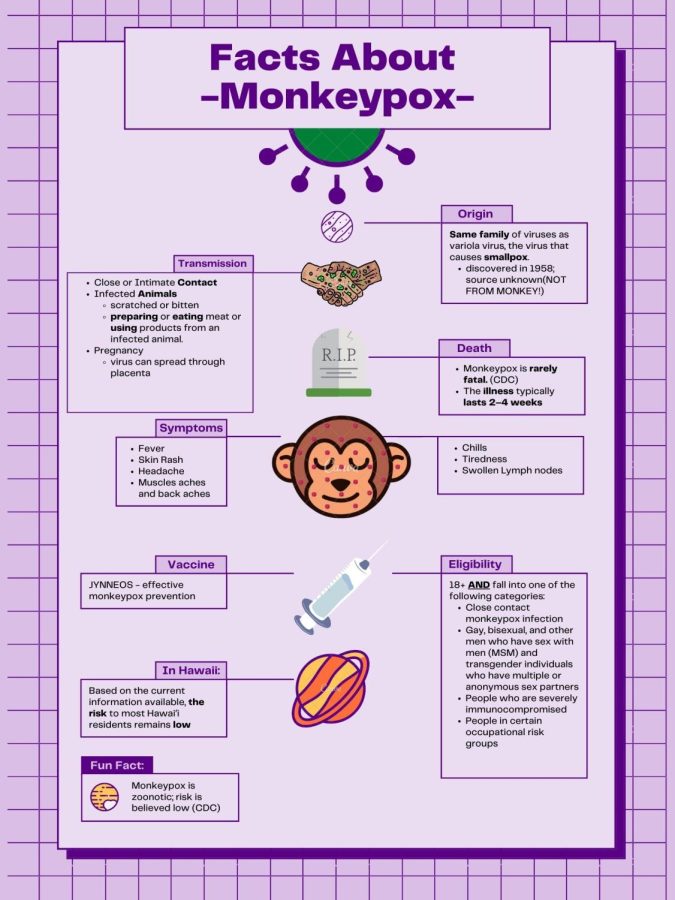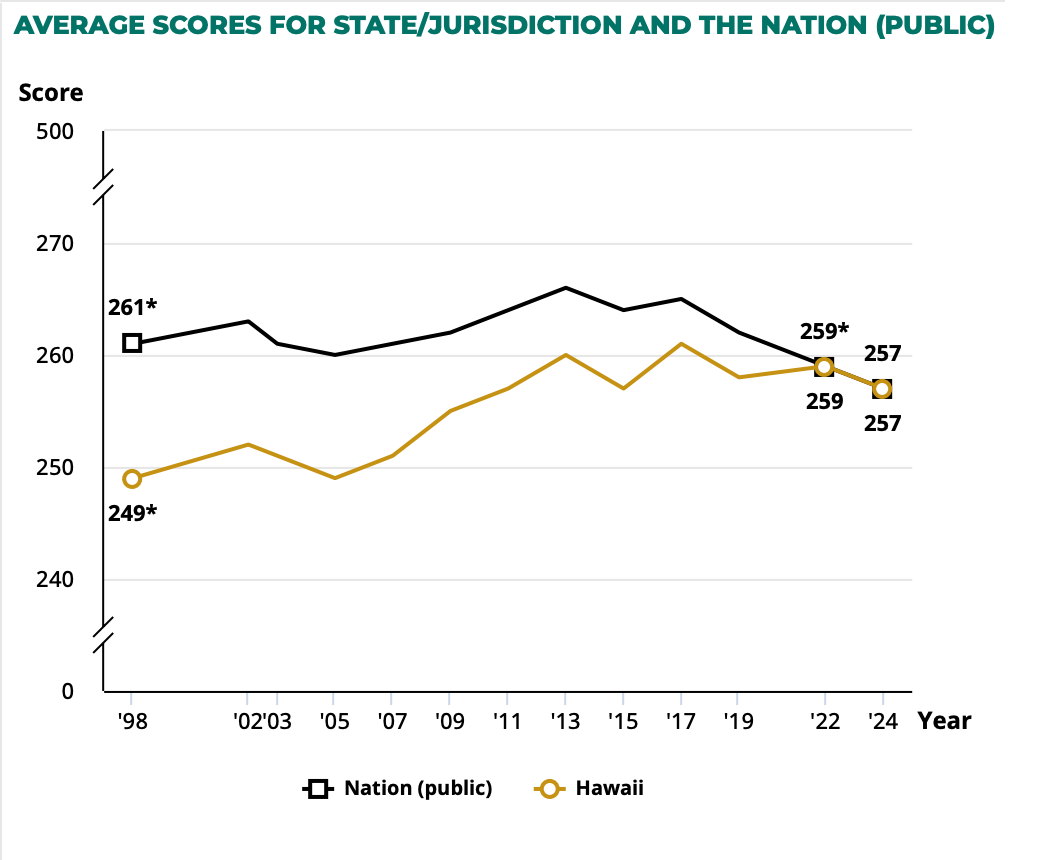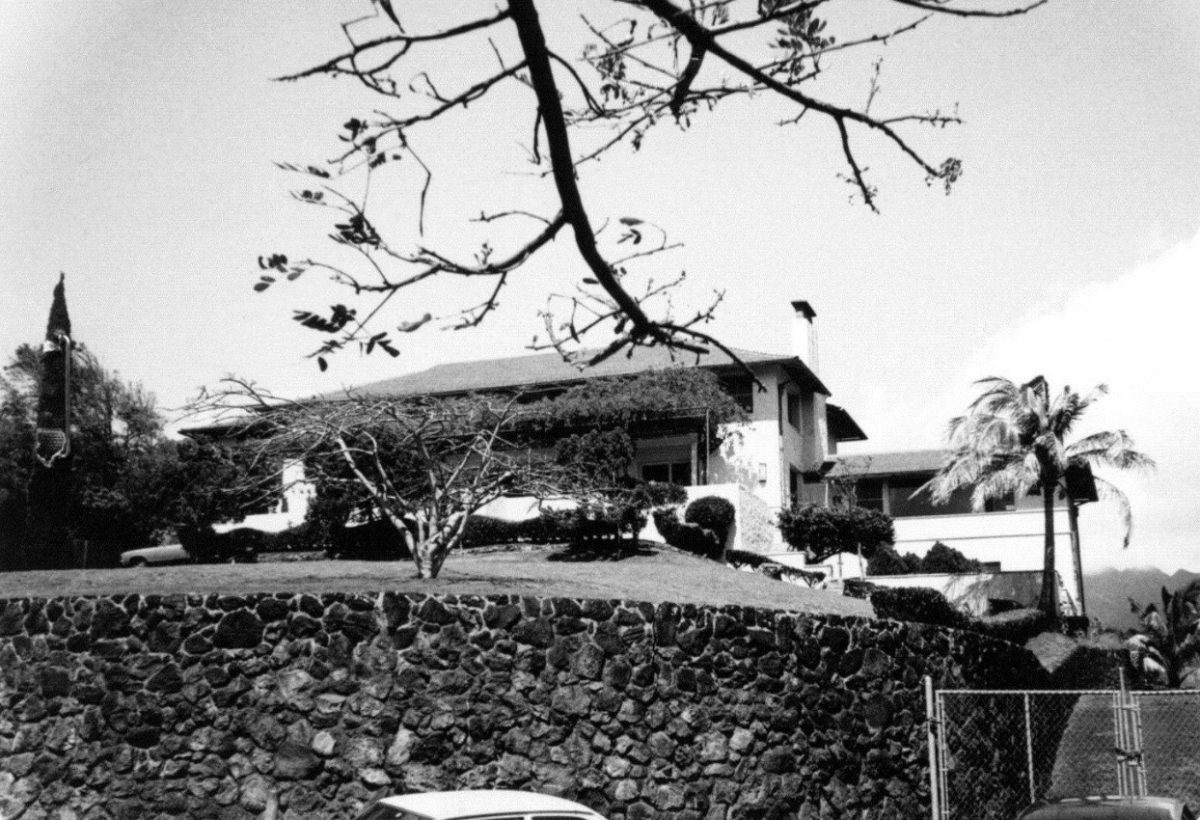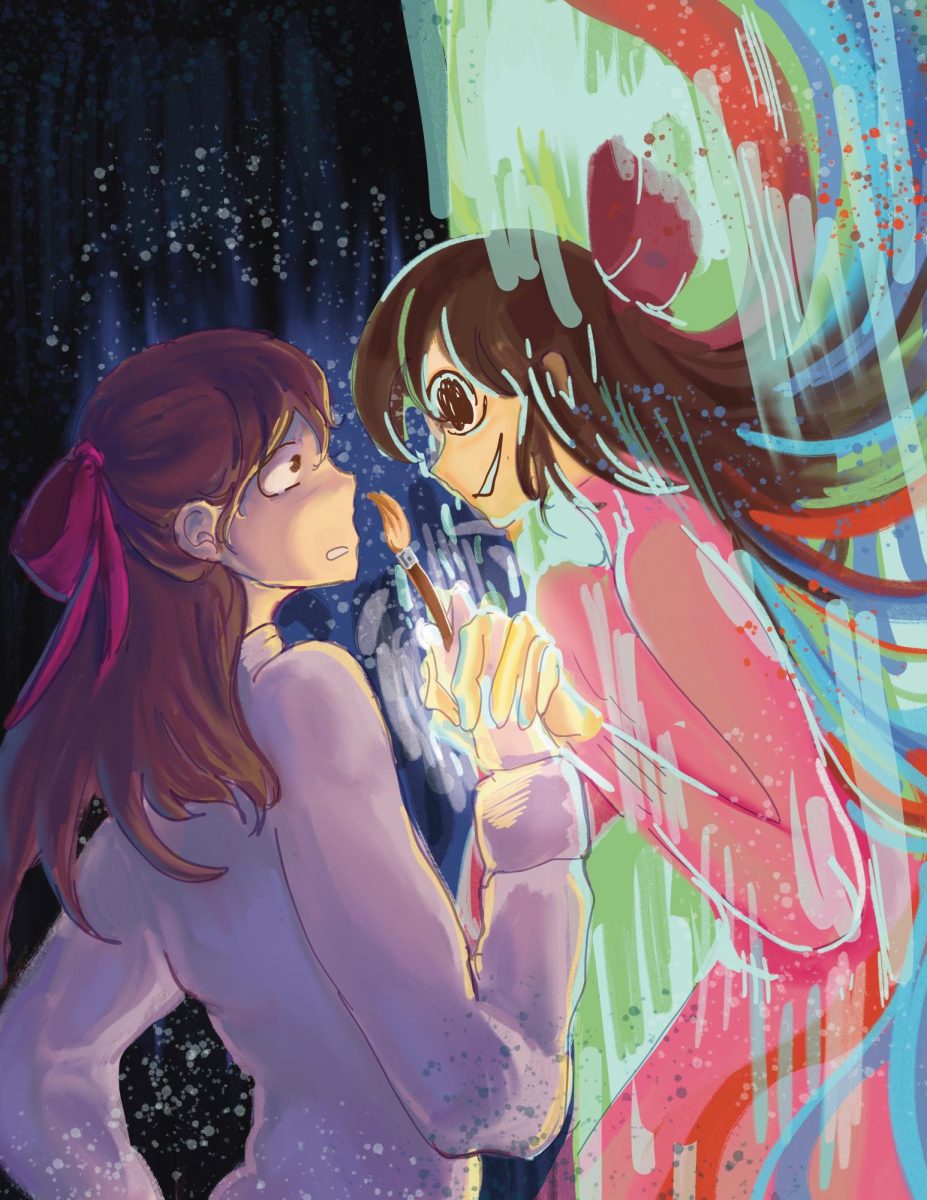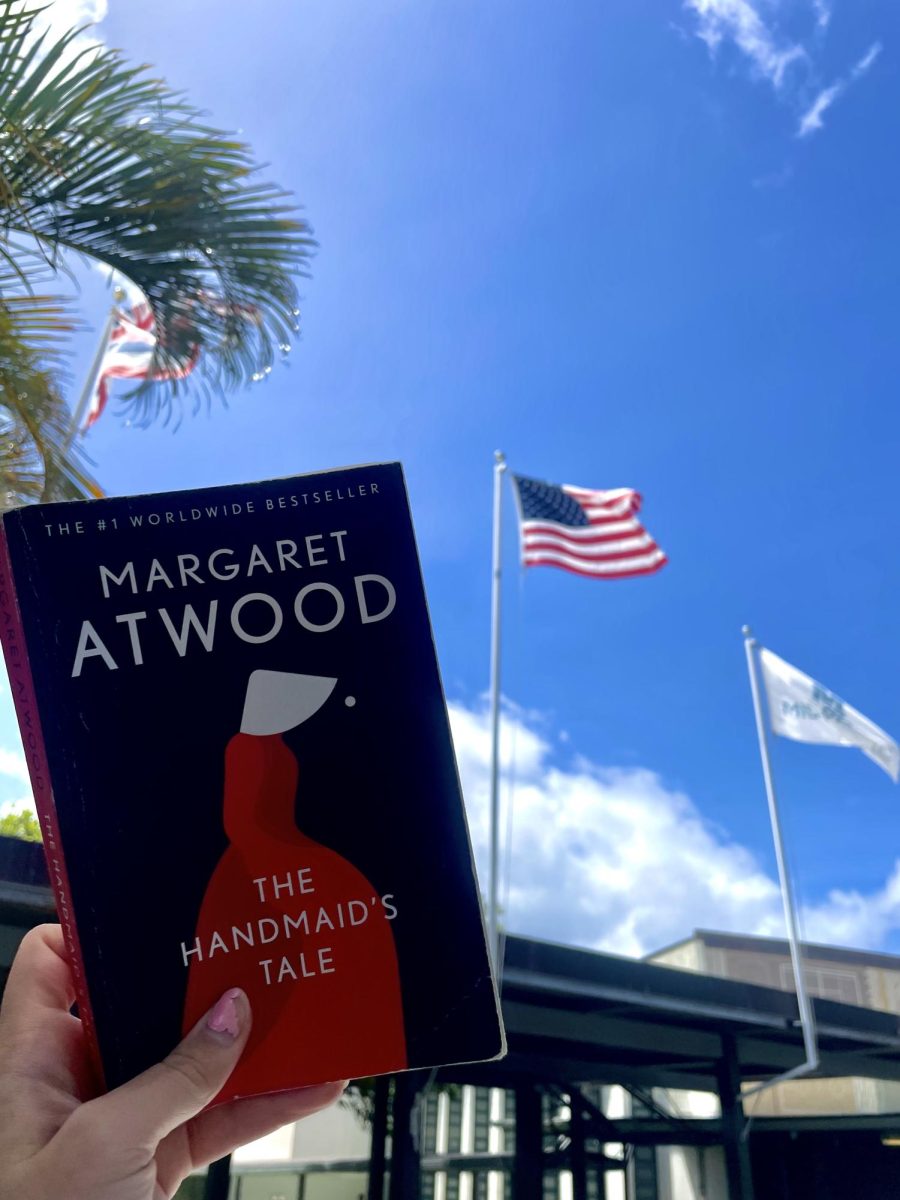A New Virus: Monkeypox
An infographic on Monkeypox’s origin, transmission, vaccine, symptoms, and more.
October 4, 2022
Finally, COVID-19 is under control. And just like that, we have a new health scare: the monkeypox virus.
Currently, there are mixed opinions on monkeypox. Some people are scared and others aren’t. But monkeypox remains a harmful virus; however, there are steps to protect oneself.
“Kinda I don’t wanna be itching all the time or whatever but yeah I don’t want it. Because I had this skin condition before that made me itch like crazy,” Freshman Alexia Sakaida said.
Another 9th grader, Erin Kawamura, echoes this idea.
“I’m not scared but I wouldn’t want to have it, obviously, but because It seems like not too many people have it, the chance of getting it is kinda low,” Kawamura said.
Others feel the same.
“Of course, I’m scared because it’s a virus, but I’m not super scared when I’m not going to leave my house,” Freshman Nikki Kotak said.
Monkeypox is a contagious virus caused by contracting the Monkeypox virus through various methods. Monkeypox is a part of the same family of many viruses such as smallpox but lessens in severity.
The Monkeypox symptoms appear from five to twenty-one days after exposure.
Monkeypox was discovered first in 1958 when two outbreaks occurred in colonies of monkeys. The source of monkeypox remains unknown.
The first diagnosis of monkeypox was in 1970. From previous outbreaks of monkeypox now brought into the year 2022, monkeypox has been reported in people in several regions like West Africa.
However, the Center for Disease Control (CDC) theorizes that African rodents might be the cause.
Monkeypox has a less likely chance to cause death. However, it is possible for people with a weak immune system.
According to the CDC, over 99% of people who get this form of the disease are likely to survive. However, people with weakened immune systems, children under 8 years of age, people with a history of eczema, and people who are pregnant or breastfeeding may be more likely to get seriously ill or die.
As of August 4, twelve people in Hawaii have tested positive for orthopoxvirus or monkeypox.
There are vaccines that fight the Monkeypox Virus, but there is age eligibility for taking the vaccine.
The state expanded eligibility for the vaccine for Hawaii residents who are at least 18 years old. The Hawaii State Department of Health reports that it has received about 2,800 doses of the Jynneos vaccine and administered more than 1,000 doses.
Hawaii wasn’t affected by an increased number of people, but in other states, monkeypox spreads more. The 10 major states are California, New York, Florida, the District of Columbia, Massachusetts, Texas, Pennsylvania, Virginia, Georgia, and Maryland.
According to US News, Monkeypox cases in the U.S. have surpassed 20,700 – the most reported infections of any country.
For now, things appear safe on the Mid-Pacific campus.
“I only know that there are a single digit number of cases at a time for the state, but I don’t know about the severity. Based on the students I see, I see them come up to me if they had a really bad rash, but I haven’t seen any within our community,” said Mid-Pacific School Nurse Lauren Chong.

